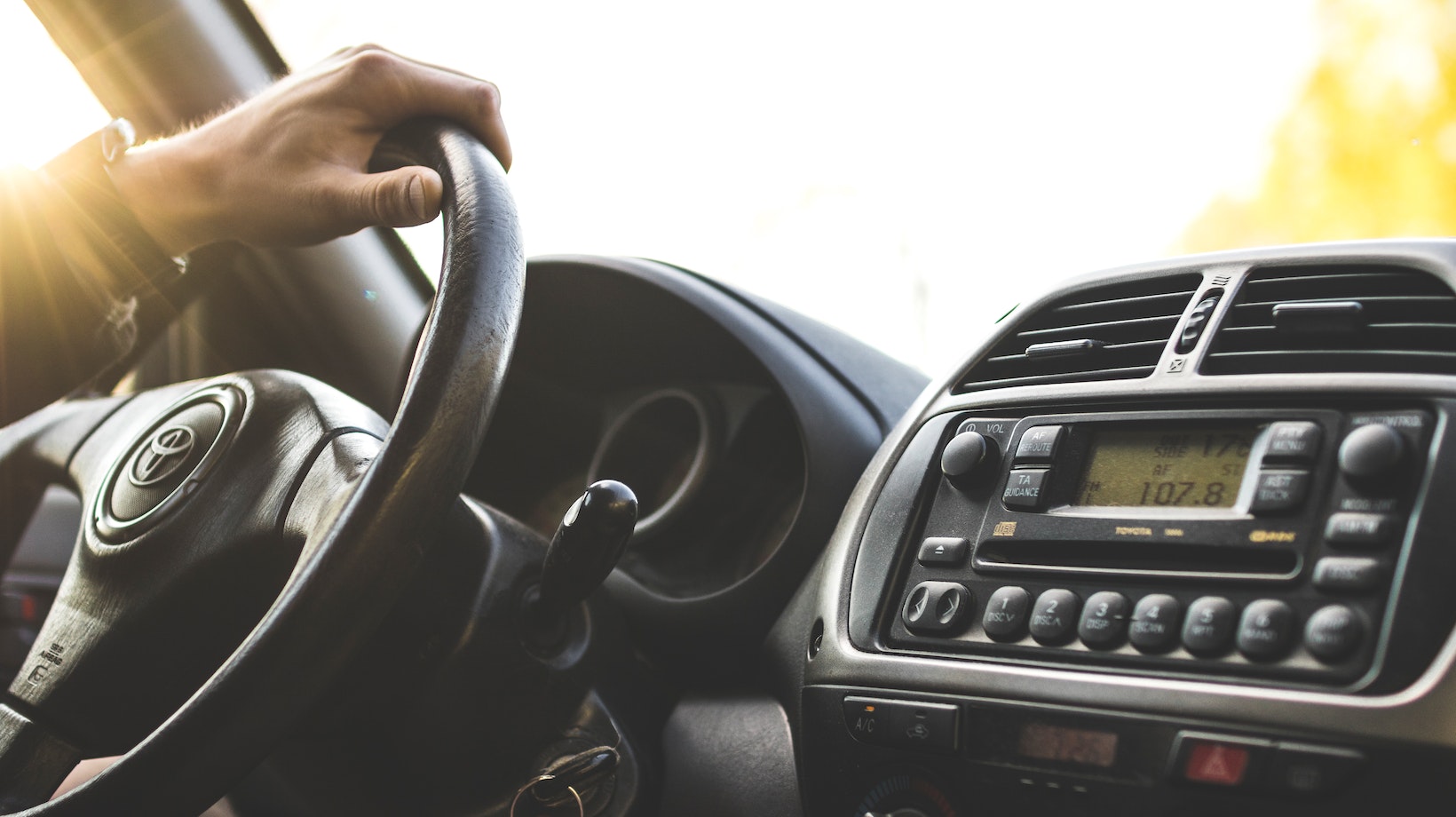
The Role of Gas and Brake Pedals
Let’s dive right into the heart of our vehicle – the gas and brake pedals. These two components, placed conveniently under our feet, carry a lot more significance than we might realize. They’re not just plain pedals; they’re vital links in controlling your car’s movement.
The gas pedal, also known as the accelerator, does exactly what its name implies. It accelerates the car. When you press down on it, you’re actually controlling the amount of air and fuel that your engine takes in. Think about it like this: you’re telling your car how hard to work. The harder you press, the faster your engine runs, providing more power to move your vehicle at higher speeds.
On the contrary, let’s take a look at what happens when we step on our brake pedal – we slow down or stop entirely! This is because pressing the brake pedal activates a system designed to halt wheel rotation by using friction. So essentially, while you’re trying to tell your car with one foot “go ahead”, with another foot you are signaling “hold on there”.
Here’s an interesting question though: What if you try to communicate these opposite commands simultaneously? That is pressing both pedals at once? Well, most modern cars have safety mechanisms built-in for such scenarios that prioritize braking over accelerating. However, consistently doing so can lead to unnecessary wear and tear on both systems resulting in costly damage. To make things clear:
- Pressing gas pedal = More air + fuel → Engine works harder → Car moves faster
- Pressing brake pedal = Activates braking system → Wheels stop rotating → Car slows down/stops
- Doing both = typically results in brakes overriding acceleration but can cause potential damage
Understanding these basics will help us appreciate why pressing both pedals simultaneously could be problematic and potentially harmful for our vehicles’ health.

What Happens When You Press the Gas and Brake at the Same Time
Ever wondered what would happen if you pressed the gas and brake pedals at the same time in your car? We’re here to unravel this mystery.
Firstly, it’s important to understand that modern cars are designed with safety features that help prevent accidents caused by driver error. One of these is a system that prioritizes the brake pedal over the accelerator. This means if you press both pedals simultaneously, most cars will ignore the gas pedal and engage only the brakes.
This safety feature is common in vehicles with electronic throttle control (ETC), which uses sensors instead of a mechanical link between the accelerator and engine. According to data from National Highway Traffic Safety Administration (NHTSA), 80% of vehicles manufactured after 2012 have ETC systems. However, pressing both pedals together can still have some negative impacts on your vehicle:
- Overheating: The friction from continuously pressing both pedals can lead to overheating, causing damage to your brakes.
- Wear and tear: It causes excessive wear on your car’s braking system.
- Reduced fuel efficiency: Your car’s fuel economy could take a hit as well.
Can It Damage Your Vehicle
Pressing the gas and brake pedals at the same time is something we’ve all done accidentally at some point. But what happens when you do it intentionally? Can it hurt your car? We’re here to shed light on these questions.
When both pedals are pressed simultaneously, your vehicle’s torque converter or clutch may sustain damage. These parts are designed for smooth transition from one state (acceleration) to another (deceleration). They aren’t built to handle conflicting commands. So yes, if you’re frequently doing this, there’s a chance you could be causing harm to your vehicle.
How about modern cars with advanced features like automatic braking systems? The story changes slightly here. In most modern vehicles, the onboard computer system prioritizes safety over everything else. If both pedals are pushed together, the system often interprets this as an emergency situation and overrides the accelerator input, focusing instead on applying brakes.
So while pressing gas and brake together won’t cause immediate catastrophic failure (in most cases), it isn’t exactly good practice either. It potentially shortens the lifespan of various vehicle components which could lead to expensive repairs down the line.

 By
By 





